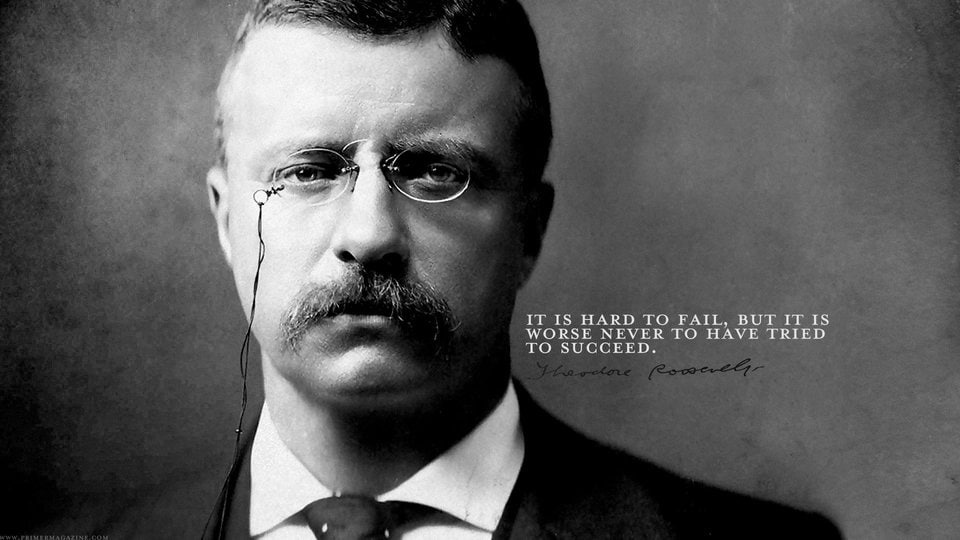How to Create the Perfect Study Room


Most college students spend at least six hours a day studying. Surprisingly, this statistic holds true for great students just as it does for average students. The real difference in a student’s performance doesn’t come in how much time is spent studying (although that definitely separates average students from poor ones). No, what sets extraordinary students apart is how they optimize their study hours.
While speed reading or memory tricks are what you might think of when I say “optimizing your study hours,” what you may overlook is how your study room affects the quality of your study time.
If you want to instantly revamp your study hours, try these 4 tips for perfecting this overlooked aspect of your routine.
1. Keep It Simple
As with most areas of life, complexity is the enemy of success. Determine what you actually need for studying and remove all distractions. While it may seem tempting to get a desk with lots of shelves, cabinets, and organizers, you will probably concentrate better with a simple, table-like desk. Although you might want to cover your walls in posters and artwork, a few tasteful pieces on an otherwise empty wall is easier on your brain.
A minimally furnished area gives your mind room to think and focus. Don’t fill it with decorations or furniture you will never need.
2. Make It Ergonomic
Minimalism is great, but comfort is also crucial. Since you’ll be using this area for six hours a day, invest the time to optimize your setup for comfort. Not only will this make concentrating easier, but it will also help you avoid potential health risks.
Optimize your desk height, monitor distance, and other factors for optimal health and productivity.
3. Dedicate the Place (or Time)
If possible, dedicate your study space to just one thing: studying. Don’t use the study area to relax, sleep, or do anything else that might distract you. If you always use that space to focus on school, it will be easier to avoid the temptation to procrastinate at study time.
If space constraints make it impossible to dedicate your area completely to study, set a rigid study schedule for yourself instead. For instance, use your desk between 9:00 AM and 3:00 PM only for college work.
If you are tempted to visit Facebook or check your email during study sessions, use a computer program like RescueTime or MinutesPlease.com to monitor and limit your browsing time. Making a habit of clear study boundaries will instantly improve the effectiveness of your study time.
4. Personalize Your Room
Just as maintaining a clean, minimalistic study area is crucial to study success, a certain amount of personalization can also help you concentrate. Simplicity is good, but you should also enjoy being there.
Depending on your interests, this might mean adding a few good books to your space, a finding a great desktop background, or even adding a mounted ram’s head (as Theodore Roosevelt displayed in his study). Find a few simple ways to make your study room yours and your focus is guaranteed to benefit.
If you enjoyed this post, check out 13 Ways to Study at Home Without Going Crazy.
read more
